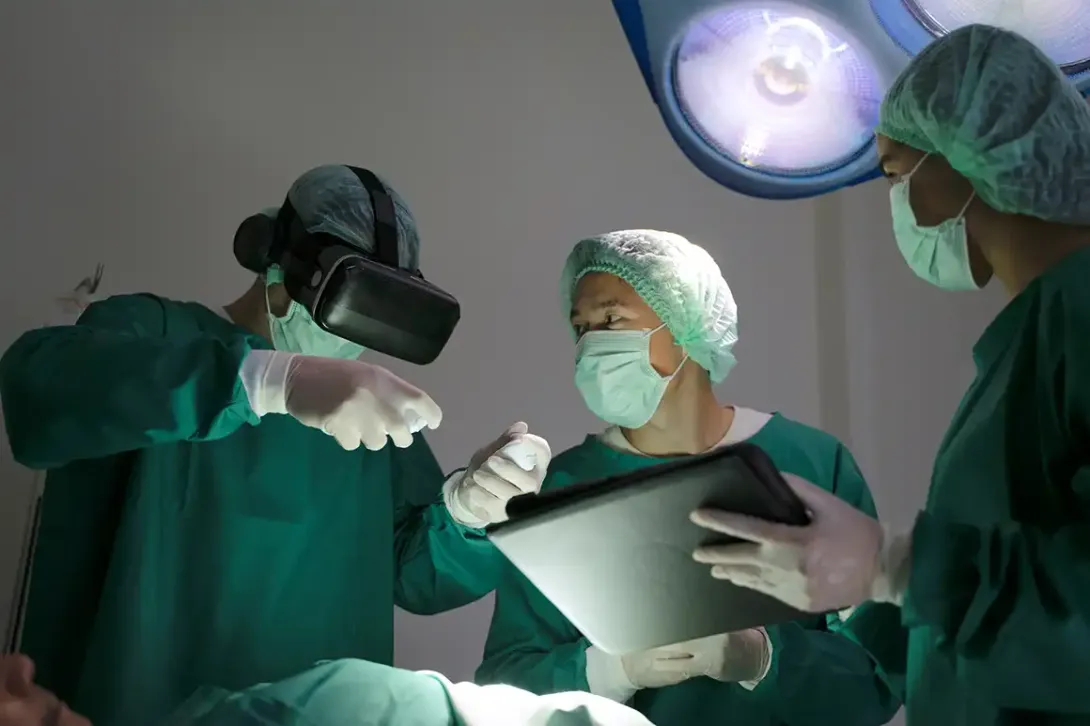
Is artificial intelligence the best ally?
Another pioneer initiative has been started up by the Portuguese entrepreneur, Luis Valente, CEO and co-founder of iLof, a start-up that is using AI to build a digital library of disease biomarkers.
The information obtained can help to reduce the cost and time invested in the development of medicines and speed up clinical trials. Valente explains that: “after carrying out over one hundred interviews with world experts in pharmaceutical and biotechnological companies, my colleagues and I saw that the potential of AI could be used to speed up the selection of patients in clinical trials and, in the future, allow the right medicine to be chosen for each one.”
Valente continues: “Over the last centuries, new treatments have been developed based on the idea that medicines work the same for everyone. Unfortunately, as we well know, this is not the case, leading to millions of patients having to continue living with complicated, heterogeneous and incurable diseases.”
iLoF’s aim, in the words of its founders: is to be “a world reference in the democratisation of access to personalised medicine and to do this we have created a platform based on automatic learning algorithms (machine learning and deeplearning) that make use of optic signals to allow the detection and identification of nanostructures dispersed in biological fluids.”
In 2020, the start-up had raised 2.4 million dollars and the same year, Valente and his partner, Joana Paiva, were included on the Forbes 30 under 30 list in the science and health sector, which distinguishes the 30 most promising entrepreneurs under the age of 30 in Europe.
Humans and technology
The health care professionals of the future will have to incorporate technology as a work tool, but they must also be able to uphold the human side of the profession. Beyond the fact that artificial intelligence will become a normal tool, both for doctors and patients, the role of the doctor will be to take decisions and know how to communicate them and explain them to the patients and their families.
The health care professional of the future will have to handle much more sophisticated equipment and devices, which will require a greater specialisation in some fields of knowledge. These people will be super-specialised, but at the same time, they will be knowledgeable about each patient’s circumstances for a correct coordination of the care that will be more multidisciplinary than ever before.
Finally, within the context of managing a large amount of information that is generated at top speed, scientific communication will have to be more solid than ever to fight against fake news and misinformation. This is a lesson we have learnt from the pandemic, as in the words of the Public Health professor from the UB, Antoni Trilla, “If people believe things that are not true, they could take on a type of treatment that does nothing, or stop doing things that are fully recommended. In this situation, I think that as never before in history, due to the time and amount of people involved, we have attended this conflict, so to speak, surrounded by proven information, information that still could be doubtful and information that is relatively or completely false”.



